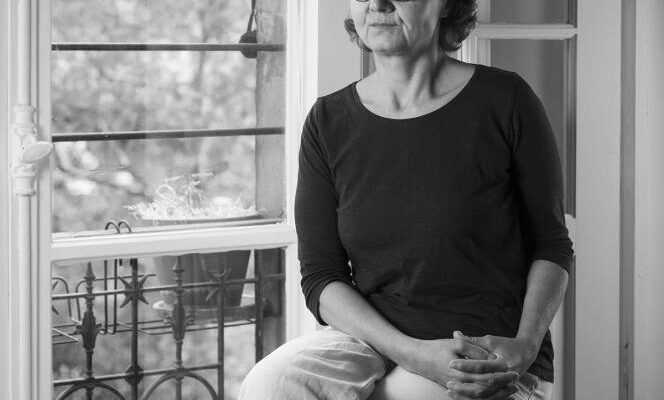“I have always wanted to make myself useful. Young, I wanted to work in humanitarian medicine, I finally studied agricultural engineering, with a tropical specialty to work in countries of the South. After some experiences in Africa and Asia, I realized that technical solutions were not sufficient, even counterproductive, if we did not first understand the way things are organized socially.
So I decided to do a DEA and then a thesis in sociology to complete my training as an agronomist and became interested in questions of collective action and local innovations.
“One of the solutions to the agricultural and food crisis, as well as to environmental and climatic problems, is the re-territorialization of food. “
Little by little, I came to develop a passion for short circuits, which, in the early 2000s, aroused renewed interest. It was not just about activist initiatives. Producers’ stores, direct sales, at the market or on the farm, were also a way for many peasants to get out of precariousness and regain dignity, in particular through the link with consumers, which gives back meaning in what we produce and what we eat.
Obviously, food is a central issue for me. I grew up in Saint-Nazaire, where my grandparents were farmers. I heard about their farm in decline because they were “small farmers” who did not modernize and had a hard time.
As a result, for my father, agriculture was to be avoided at all costs. He became a math teacher… in a hotel school. So that, even though my mother did not cook much, I had many opportunities to eat in very good restaurants, because we followed my father’s students wherever they went, even in the kitchens. I learned to taste, eat and drink well.
From local to European scale
My work, today, is focused on the study of short circuits to understand what forms it can take, from the local to the European level, how it changes the situation, if it promotes collective actions, transition of agricultural practices, changes in eating habits and economic models.
I support ministries such as local authorities, for example the City of Paris or small towns in the South, where I notably created with an elected official a participatory label for local products, Ici.C.Local. I am convinced that one of the solutions to the agricultural and food crisis, as well as to environmental and climatic problems, is the re-territorialization of food, in collaboration with citizens.
It is sometimes as simple as a zucchini crumble, an easy and tasty recipe that respects raw products, which was passed on to me by a friend who was invested before me in organic farming and short circuits. It is a dish that evokes the South, my adopted territory, made with seasonal organic vegetables, flour from ancient wheat, which is eaten warm or cold, and which proves that you can enjoy it. little here and now. “
Here.C.Local website
Short food circuits. between market and social innovation, Yuna Chiffoleau, Editions Erès, 2019.
